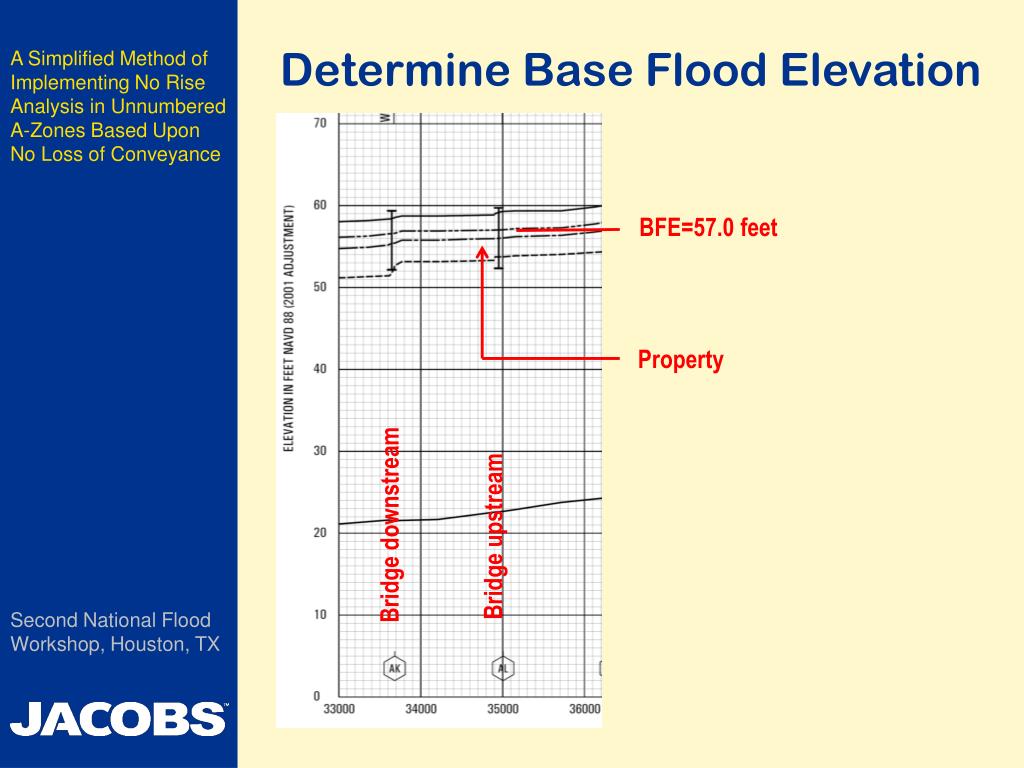

Should you get an elevation certificate?Įven if you don't need an elevation certificate, obtaining one could be worth the effort, as it provides valuable information about your property that could help to lower your flood insurance premium. We recommend talking to a flood insurance agent or insurer about how the NFIP calculated your premium, but keep in mind that your premium will be the same no matter your insurer, as rates are set by NFIP through a standardized methodology. This advantage is disappearing as the NFIP raises its annual premium for subsidized policies, and it's possible that the unsubsidized rate for your property will actually be lower than subsidized rate. The subsidies are intended to help property owners afford flood insurance despite the fact that their building wasn't constructed while incorporating comprehensive flood regulation measures. If your building was constructed before your community established a flood insurance rate map, you may be eligible for a subsidized flood insurance rate without an elevation certificate requirement. However, there are exceptions to the elevation certificate requirement for certain high-risk structures. There are a variety of subcategories within these high-risk zones but if your property is located in a zone designation beginning "A" or "V," your property is considered to be in a Special Flood Hazard Area. Zones in the map designated as an "A" or "V" are Special Flood Hazard Areas.

This map can be found on the FEMA website and includes a function to search for your address.

If you're not sure if your property resides in a high-risk area, you can find out by looking at the FEMA flood insurance rate map, which designates the flood risk of specific locations.


 0 kommentar(er)
0 kommentar(er)
